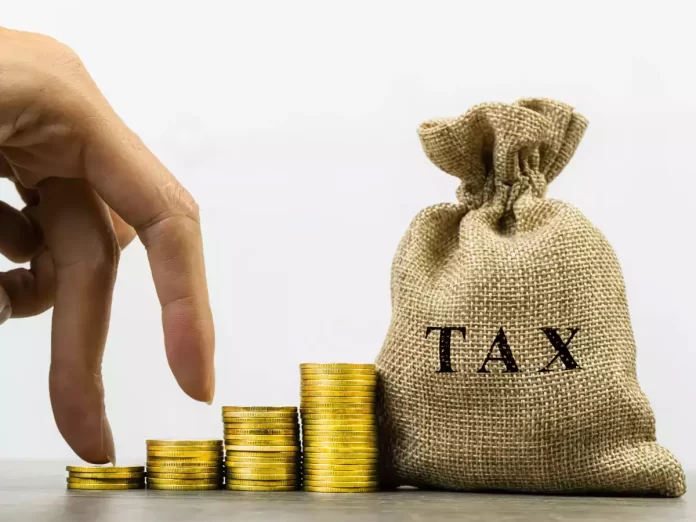The Central Board of Direct Taxes (CBDT) has released updated rules for compounding some income tax acts of 1961 offences.
Government officials in India have been seeking to relax Income Tax regulations. The government relies heavily on tax revenue, and the contributions of its citizens are a major source of revenue. The Central Board of Direct Taxes (CBDT) has released new guidelines for compounding certain offences under the Income Tax Act, 1961, making it easier for businesses to operate and reducing the severity of punishment for offenders. The new recommendations pertain to a wide range of violations of the Act’s prosecution requirements.
Read More: The box office take for Nikhil Siddhartha’s Karthikeya 2: A fantastic second week
In one of the most significant revisions to the guidelines, the CBDT has made compoundable some offences that were previously penalised per Section 276 of the Act. If a penalty is compoundable, an offender of an Act may be able to avoid incarceration in exchange for restitution. Previously, a taxpayer may face a maximum of two years in prison for violating Section 276 of the ITA.
According to the CBDT, the requirements for eligibility for compounding of cases have been loosened, making it possible to compound the case of an applicant who has been charged with jail sentences for less than 2 years.
A prosecuting authority may bring criminal charges against taxpayers for infractions of the Income Tax Act. Both taxpayers and industry professionals have called for certain offences to be decriminalised.
“The prior limit of 24 months for filing a complaint has been increased to 36 months for filing a compounding application. Besides making the treatments easier to perform, “the CBDT noted.
According to the document, the compounding cost for defaults under multiple sections of the Act now has strict maximum limitations.
The CBDT announced a 1% and 2% reduction in “extra compounding charges in the manner of penal interest at 2% per month up to 3 months & 3% per month after 3 months.”







